Genesis made the transition from purveyors of inscrutably intriguing prog rock to radio-ready pop as well as any of their contemporaries. If you’re looking for the song that pushed them fully in the latter direction, you’d have to start with “That’s All,” a 1983 single from their self-titled album. It was the band’s first Top-10 hit in the United States.
Videos by American Songwriter
What is the song about? How was it written? And how did it represent a change in focus by the band? Here’s an in-depth look at “That’s All,” a crucial song in the history of Genesis.
From Prog to Pop
To be clear, “That’s All” was not the first bid by Genesis to be more concise and court pop radio. They had made inroads in that department with songs like “Follow You Follow Me,” “Misunderstanding,” and “No Reply at All.” “That’s All” just turned out to be a tad more successful in that department, at least to U.S. audiences.
It also didn’t hurt that the profile of Genesis lead singer Phil Collins had risen dramatically in the interim between the albums Abacab (1981) and Genesis (1983). Considering his own pop success, it made little sense for the band to go backwards and deny the opportunities their increased exposure could bring them.
Not that they completely abandoned their previous styles. That self-titled 1983 album lived in both worlds in much the same way Abacab had. The band still included multipart sagas like “Home by the Sea” and “Second Home by the Sea,” while also indulging an experimental edge on the brooding “Mama.”
But they also balanced that out with simpler, more straightforward material. To create that material, the band shared songwriting duties in ways they hadn’t done for years. Unlike on past albums, where individual members brought in-progress pieces they had written for the others to complete, the Genesis LP found them writing and recording pieces as a trio from scratch.
In the case of “That’s All,” it was built from the piano hook created by Tony Banks. From there, the band members cited The Beatles as an influence in how they completed the song. Banks certainly gets into catchy, Paul McCartney-style mode on piano, while also adding the chirpy organ solo in the instrumental break. Collins explained he purposely tried to mimic a beat that Ringo Starr might play. Mike Rutherford focuses on building up the groove on bass, before finally uncorking his lead guitar in a thrilling solo in the run-out.
Even though it’s catchy as heck, “That’s All” still maintained a bluesy edge. When Genesis came back for their next album (Invisible Touch) in 1986, they were much more brazen in courting the pop crowd. They were rewarded with five U.S. Top-10 hits, although those songs scarcely resembled the band’s former sound.
What is the Meaning of “That’s All”?
“That’s All” dwells in the can’t live with you, can’t live without you relationship limbo that many other songs have inhabited. But there’s enough bite and ingenuity in the lyrics to keep things from getting stale. Collins does an excellent job with the lead vocal, capturing how this guy is torn between two extremes with this woman.
But why does it always seem to be / Me lookin’ at you, you lookin’ at me, the narrator complains, evoking how they are unable to communicate their way through their conflicts. Indeed, the lack of a middle ground seems to be dooming their chances: Taking it all instead of taking one bite. Still, in the bridge, he admits that his feelings for her are too strong to simply write off this affair: Truth is I love you / More than I wanted to do.
And so they endure, trapped in a vicious cycle: It’s always the same, it’s just a shame, that’s all. Genesis found their pop music sweet spot on “That’s All,” a tipping point of a song that opened the doors for even more lucrative hits to come.
When you purchase through links on our site, we may earn an affiliate commission.
Photo by David Redfern/Redferns

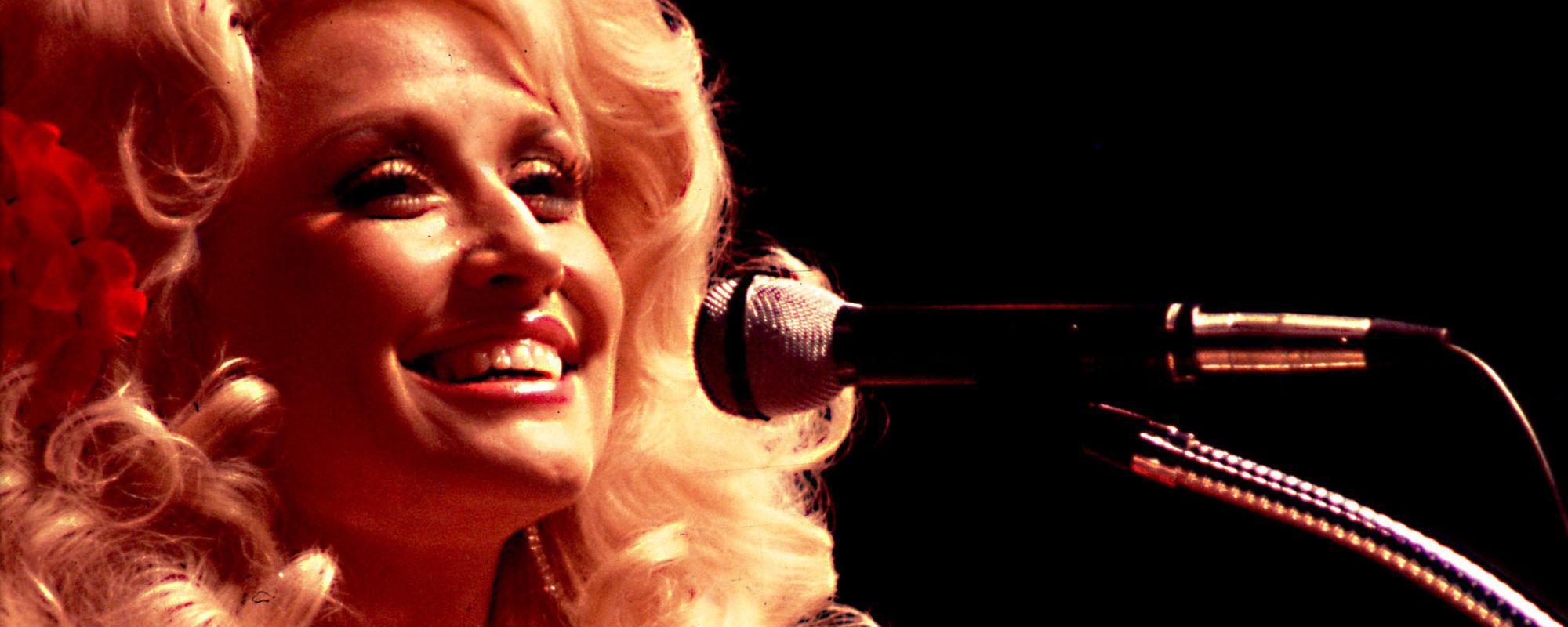
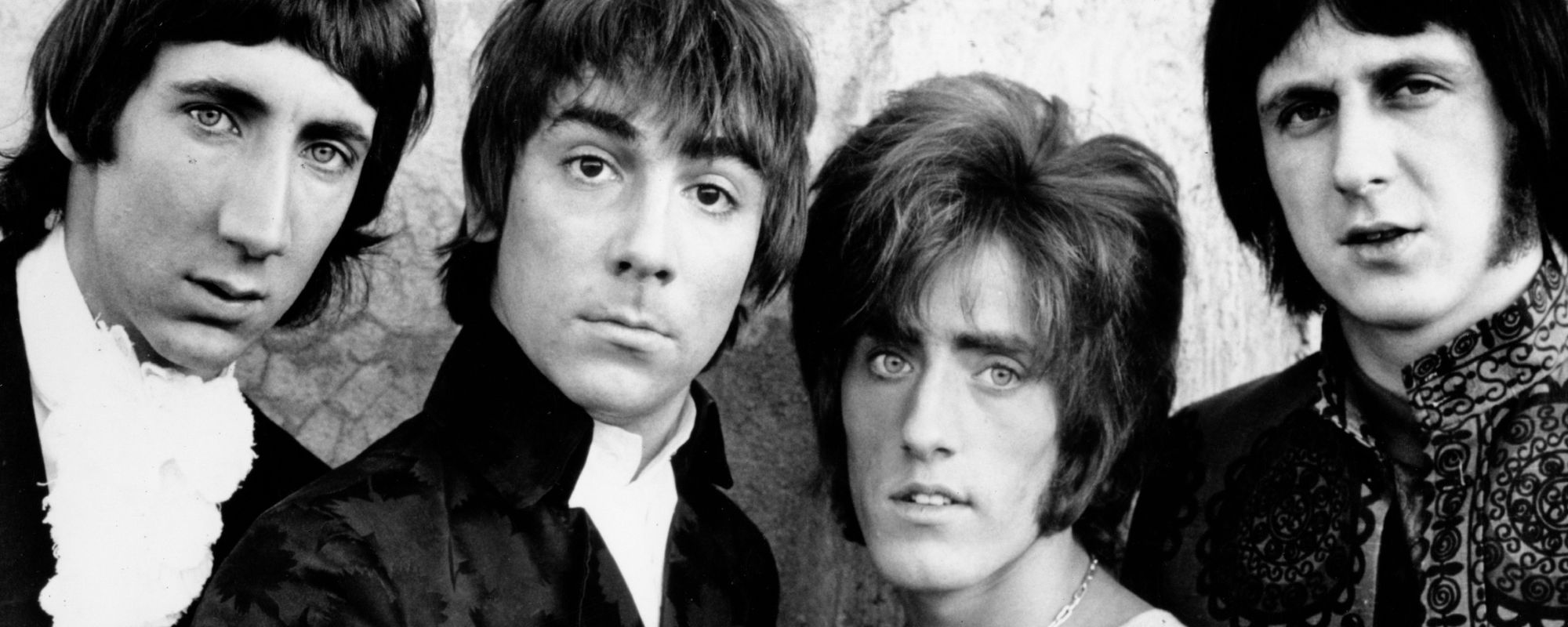
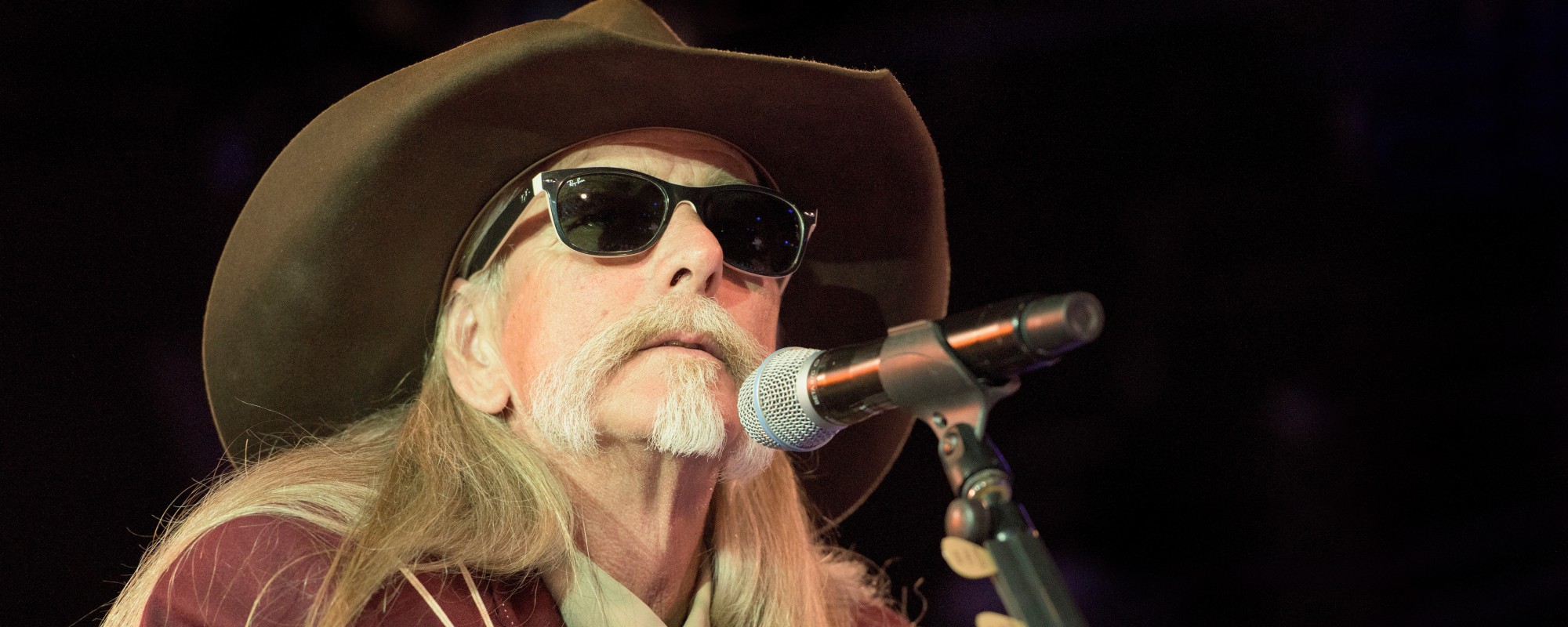
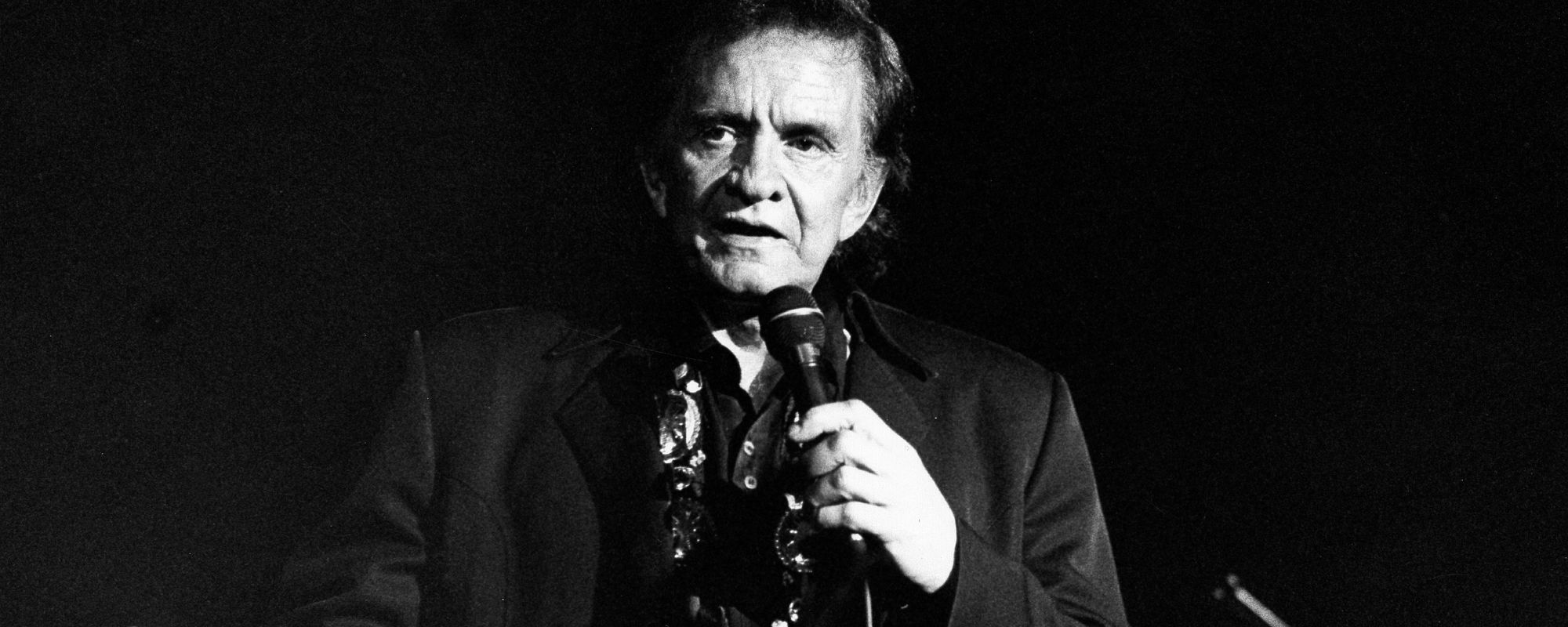
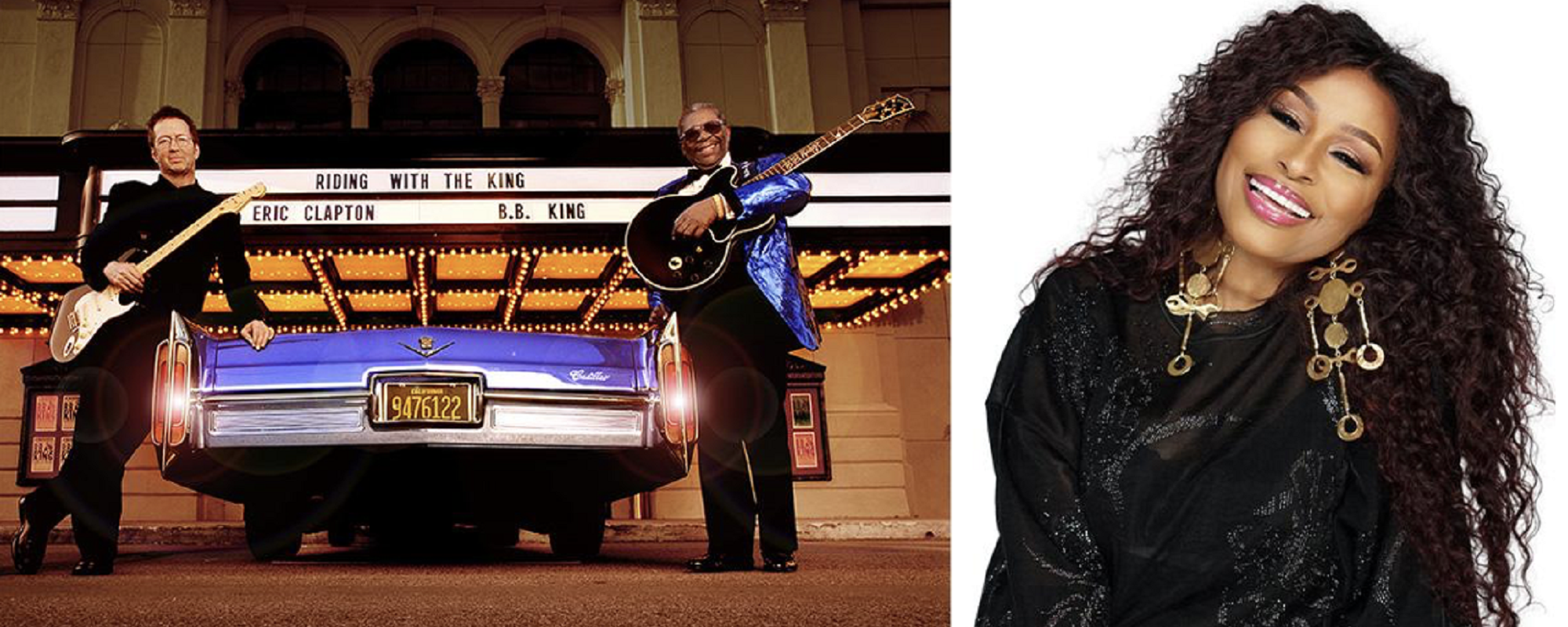
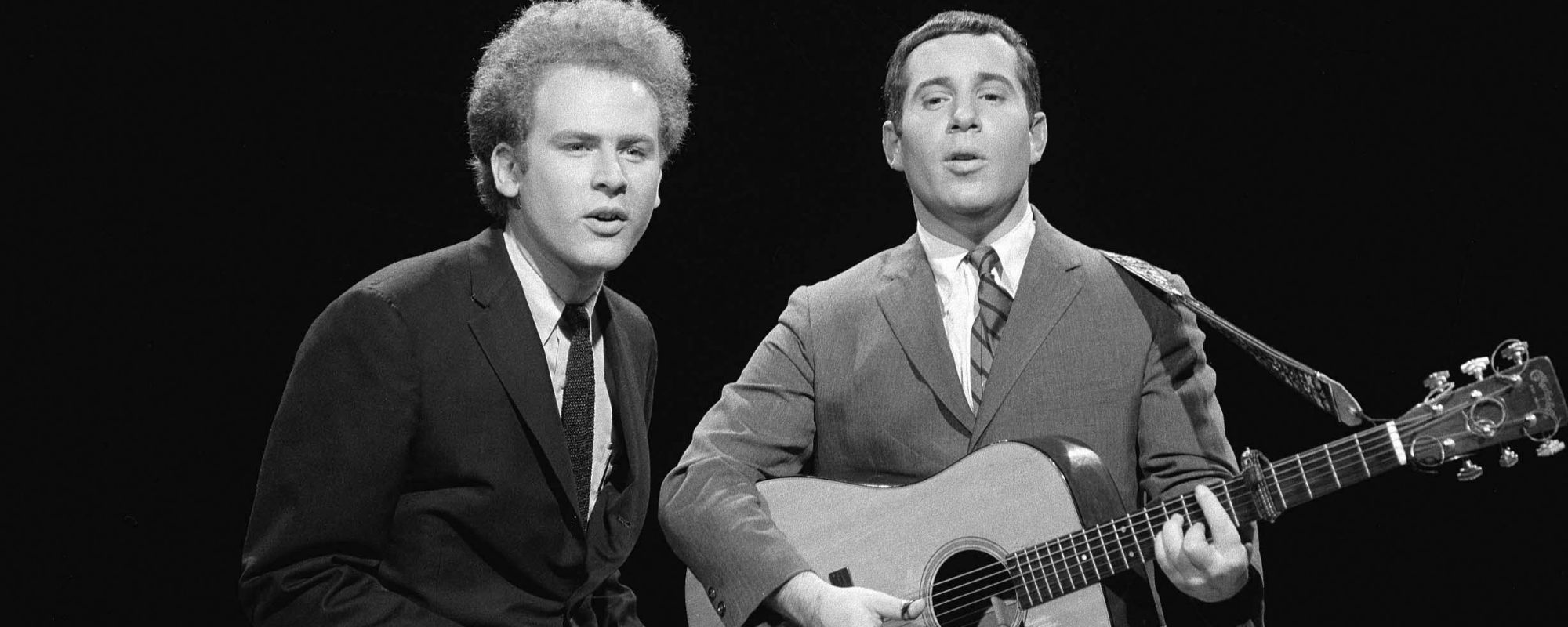



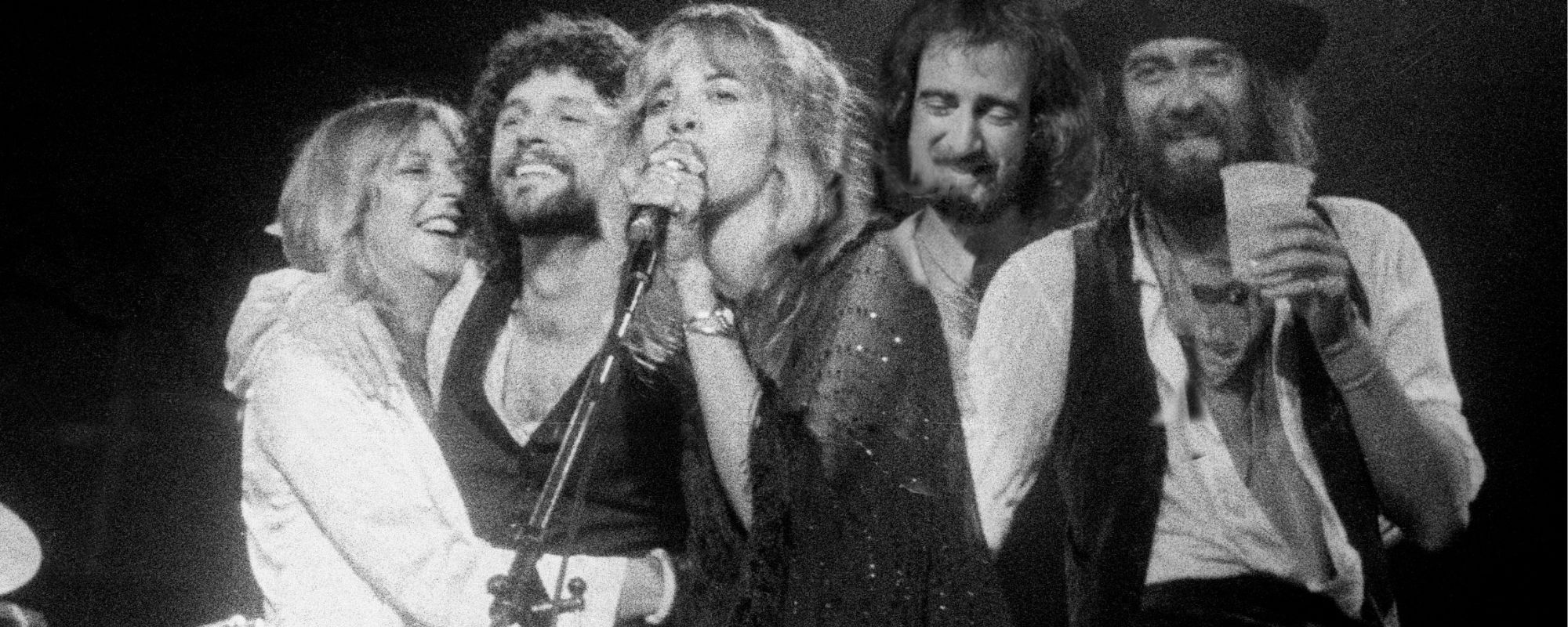

Leave a Reply
Only members can comment. Become a member. Already a member? Log in.